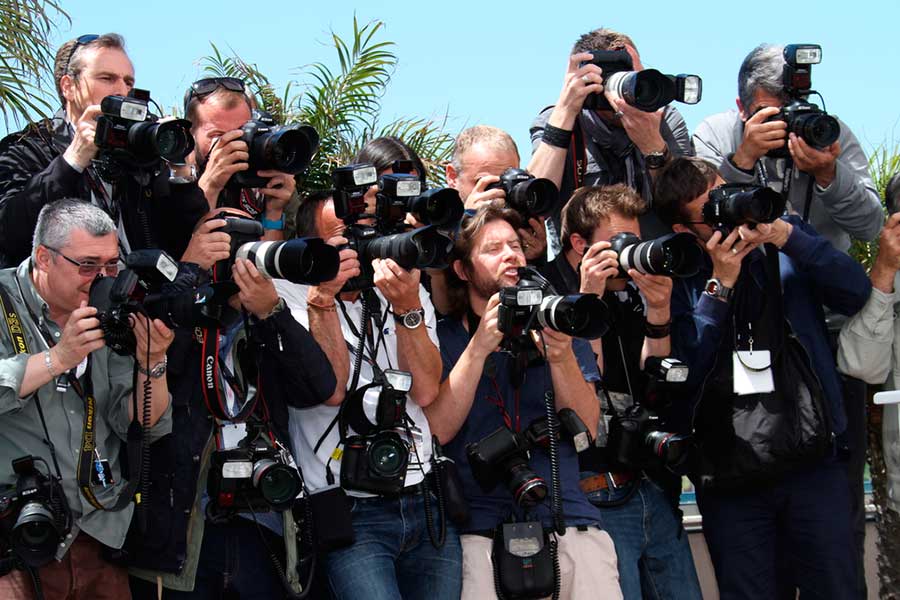The Eagles made a splash with their season-opener victory last weekend. But, making almost as much news is the story of Eagles player LeSean McCoy’s post-win meal, and subsequent lousy tip.
According to reports, McCoy and three friends got a $60 meal at PYT in Northern Liberties and the footballer added just 20 cents for the server, or just a .03-percent tip. The restaurant owner, who has said McCoy’s group was given excellent service save for one forgotten appetizer, posted a photo of the receipt on Facebook, calling out McCoy, who has yet to respond. In this Eagles-crazy town, the response seems to be divided, with the store owner taking as much heat for blasting McCoy as the player himself is for his miniscule tip.
The issue raises an interesting question about the standards to which public figures are held. If a non-famous patron were to have left the same tip, the staff likely would have lambasted him privately and called it a day. So what makes McCoy’s case different? Some have said the tip debacle was especially insulting because McCoy makes such a hefty sum, but his wallet size shouldn’t be at issue here; instead, if he’s facing scrutiny, it should stem from his status as a public figure.
Movie stars, singers, political leaders and professional-sports figures all operate under the public-figure status that (to us non-famous folk) seems like both a curse and blessing. The rich and the famous may enjoy the luxuries of life on one hand, but also have to live under a microscope on the other; there’s a sentiment that, because their success is largely contingent upon the support of the public or fans, they are indebted to, and thus held accountable by, that public.
The issue has been one that’s surfaced many times in the LGBT realm. When elected officials have cast anti-LGBT votes but then been proven to be LGBT themselves, the disparity has been spotlighted publicly. When singers use homophobic language in their music, there has been backlash. And when professional-sports figures make antigay remarks — anywhere from on the field to social-media platforms — they have been taken to task. While there is certainly a significant difference between homophobia and ignorant tipping, the underlying motivation of shining a public light on these behaviors is similar.
That public figures are held to higher standards of decency than everyday folk may not be fair — but it’s reality. As such, they shouldn’t be wholly surprised if an instance of less-than-stellar behavior is used as an example to highlight endemic issues — from homophobia to domestic violence to the challenging working environment of the restaurant industry. And ideally, public figures may use their status to promote an end to those issues.
